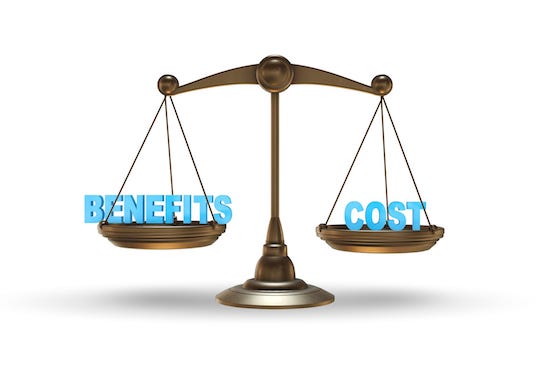One of the most common reasons people do not make a will is the cost. They don’t want to incur an expense for something that isn’t going to be costly until after they’ve passed away. Forbes’ recent article entitled “The Dangers Of Dying Without A Will” reminds us that this short-sighted thinking can actually end up costing your family more. And in most cases it will cost more if you don’t make a will than if you had.
Drafting a will allows you determine who will inherit your assets when you die and, if you have young children, who will raise them if you die and their other parent is deceased. However, if you pass away without a will, the state will make these very important decisions on your behalf and they may end up being choices you’d never make if you were still around. Moreover, it will only make those decisions after a slow and laborious probate process, a process which almost always requires that your family hire an attorney.
Additionally, those choices by the state may not reflect your wishes, might create conflicts within your family and cause economic hardships for your loved ones. In addition, none of your assets will go to your favorite charities.
One more thing: no will means potential legal expenses that your estate must pay. Look at these examples of the issues dying without a will may create:
- If you’re married and have children from a prior relationship, most of your estate may go to the children, leaving your current spouse in a financial hardship. He or she will need to deal with stepchildren (or your former spouse, if your children are minors) just to receive some of your assets.
- If you’re single and die without a will, your assets might end up going first to your parents or your siblings, if your parents pass before you. You may have wanted your estate to go to others instead.
- If you die and had an unmarried partner, no will may well leave him or her in a tough financial position, especially if they were financially dependent on you. State laws typically don’t recognize unmarried partners, so he or she could get evicted from the home the two of you shared, if you were the sole owner.
When you do write your will, work with an attorney to be certain that it’s legally valid in your state. There’s no guarantee that the one you prepare without a lawyer will satisfy that criteria. If the probate court doesn’t recognize your will, it will be as though you died without one.
An experienced local estate planning attorney will help you make sure your will meets your state’s requirements. This will reduce any potential fighting within your family and prevent them from challenging your will’s validity in court.
Life is now extremely fragile with COVID-19. The consequences of dying without a will have never been more profound. Talk to an estate planning attorney today! For Chicagoland clients, estate planning can now be done from start to finish without the need for an in-person visit. Don’t let the current crisis cause you to delay getting a plan made.
Reference: Forbes (April 20, 2020) “The Dangers Of Dying Without A Will”



